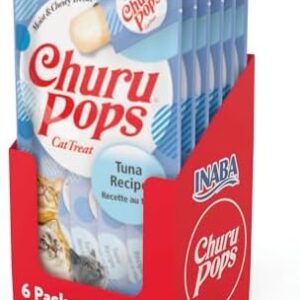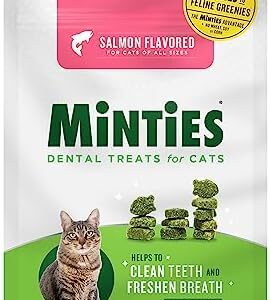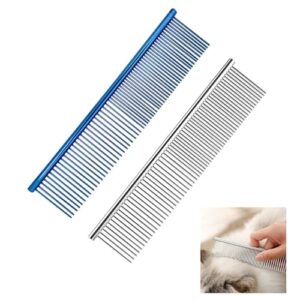
If you have a cat, chances are you want to make sure they are healthy and happy. And one key component of your cat’s health is their nutrition. Protein plays a crucial role in your cat’s diet, and understanding its importance can help you make informed decisions about what to feed your furry friend.
You see, cats are obligate carnivores, which means they need a diet that is high in protein to thrive. Unlike humans or even dogs, cats cannot survive on a vegetarian or plant-based diet. Their bodies require the amino acids found in animal proteins to function properly.
Protein is essential for a variety of functions in your cat’s body. It helps with muscle growth and repair, supports a healthy immune system, aids in digestion, and assists in maintaining a shiny coat and healthy skin. Without enough protein in their diet, cats can suffer from muscle loss, a weakened immune system, and poor overall health.
When it comes to choosing the right protein for your cat, quality matters. High-quality proteins, such as meat, poultry, and fish, provide all the essential amino acids that your cat needs to stay healthy. It’s important to read the ingredient list on your cat’s food and choose a brand that lists a high-quality protein source, such as chicken or salmon, as the first ingredient.
Protein requirements can vary depending on your cat’s age, size, and activity level. Kittens, pregnant or nursing cats, and active adult cats may need more protein than older, less active cats. It’s best to consult with your veterinarian to determine the optimal protein level for your specific cat.
Introducing new proteins into your cat’s diet can be a great way to add variety and ensure they are getting all the essential amino acids they need. However, it’s important to do so gradually and monitor your cat for any signs of allergies or sensitivities. Some common signs of a protein allergy in cats include vomiting, diarrhea, itching, and hair loss.
It’s also worth noting that not all proteins are created equal. Some cats may have sensitivities or allergies to certain proteins, such as beef or dairy. If you suspect that your cat may have a protein allergy, it’s best to consult with your veterinarian to determine the best course of action.
In addition to protein, it’s important to ensure that your cat is getting a balanced diet that includes the right mix of carbohydrates, fats, vitamins, and minerals. A high-quality commercial cat food that is specifically formulated for your cat’s life stage can provide all the essential nutrients they need to stay healthy.
If you prefer to feed your cat a homemade diet, it’s important to do your research and work with a veterinary nutritionist to ensure that your cat’s diet is balanced and meets all their nutritional needs. Homemade diets can be tricky to formulate correctly, so it’s best to seek professional guidance to avoid any potential health issues.
In conclusion, protein plays a critical role in your cat’s nutrition. As obligate carnivores, cats require a diet that is high in protein to thrive and stay healthy. By choosing high-quality proteins, consulting with your veterinarian, and monitoring your cat’s diet, you can ensure that they are getting all the essential amino acids they need to live a long and healthy life. Remember, when it comes to your cat’s health, every little bit of protein counts.






